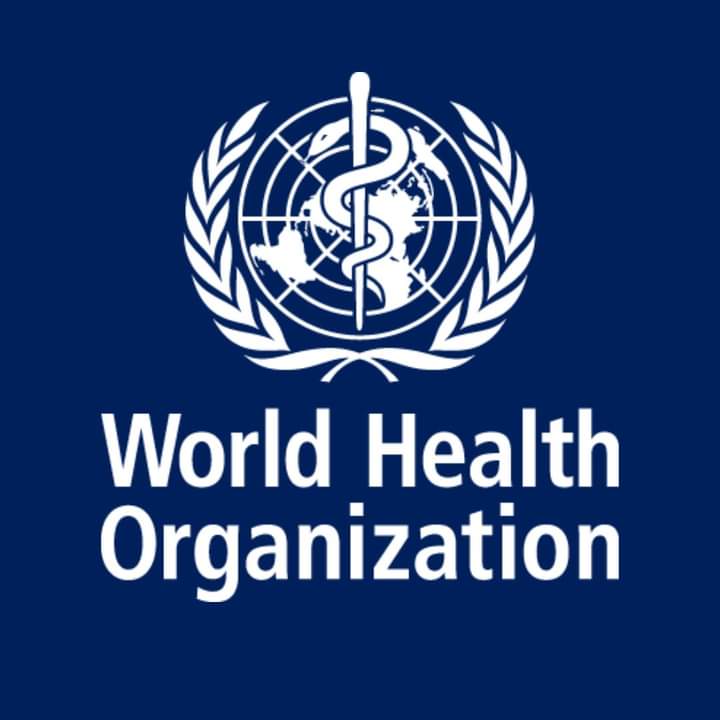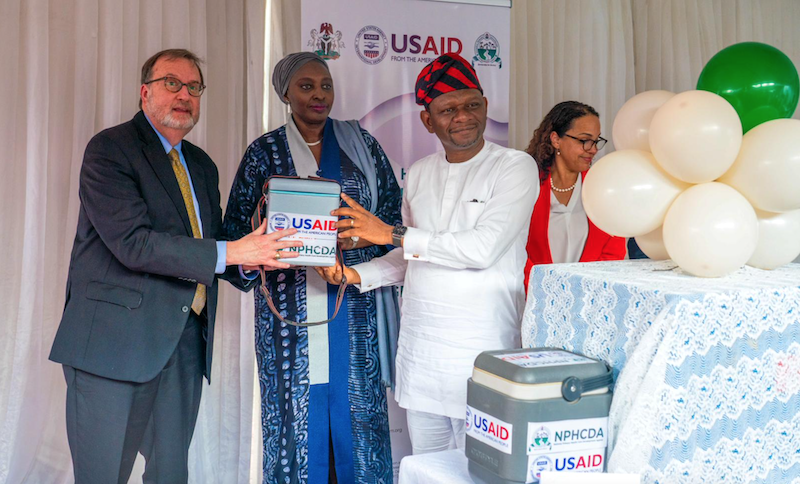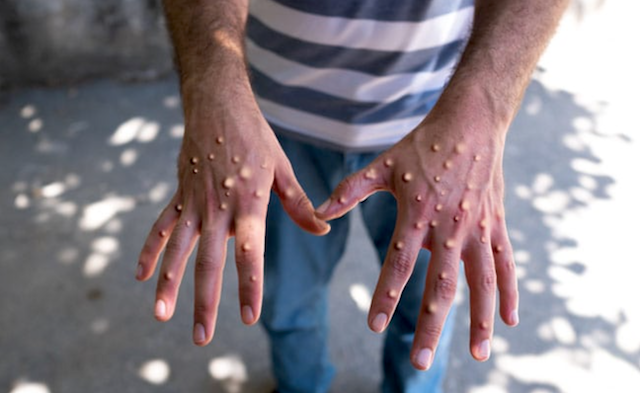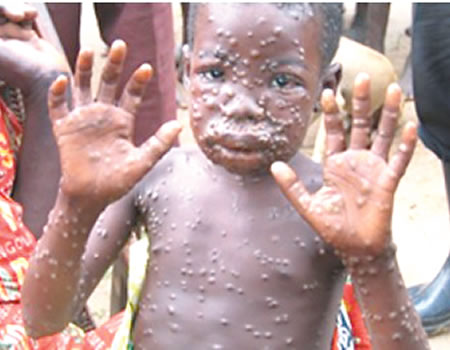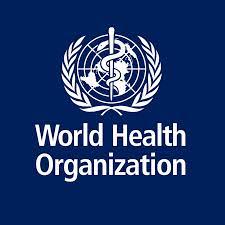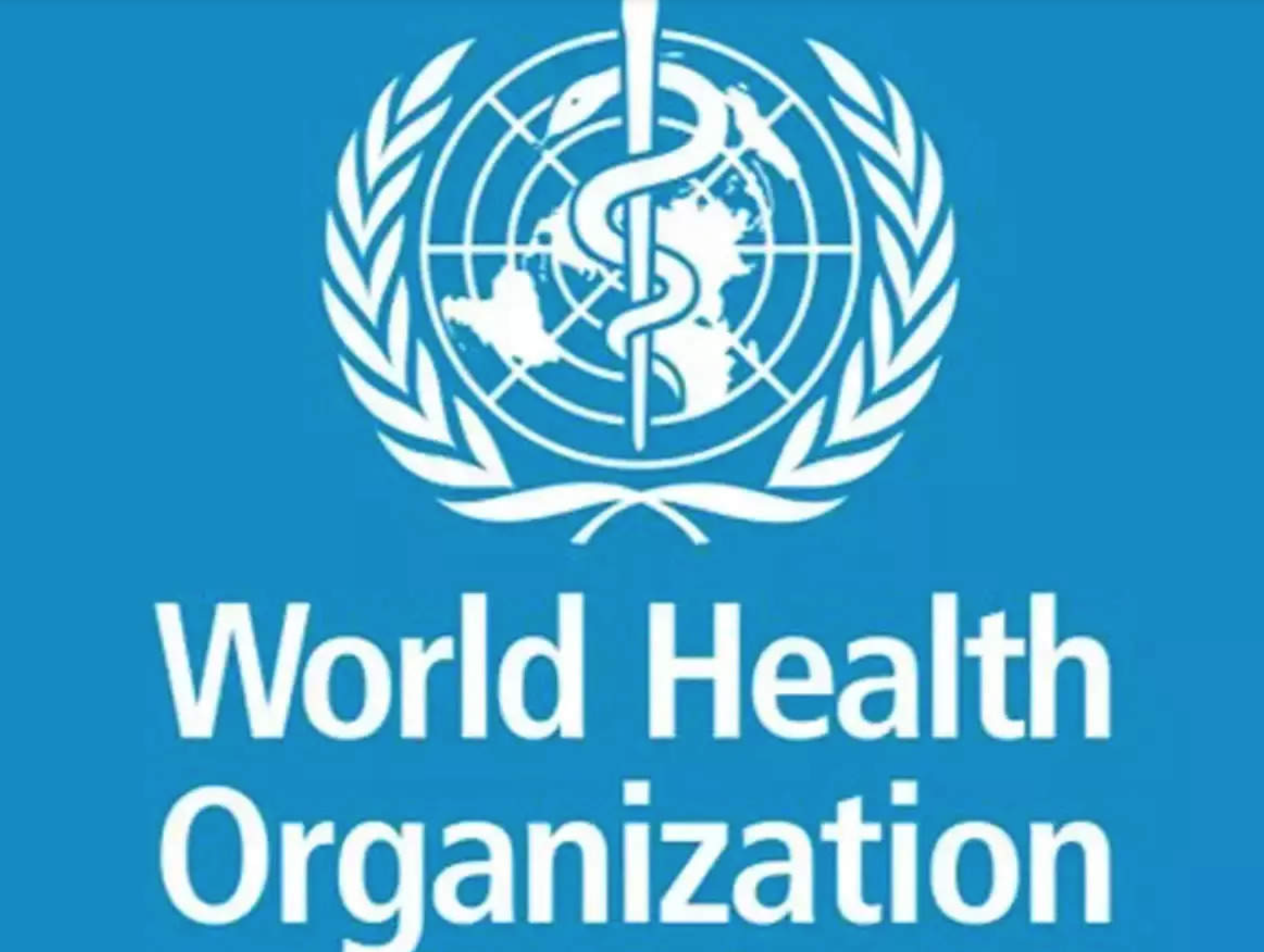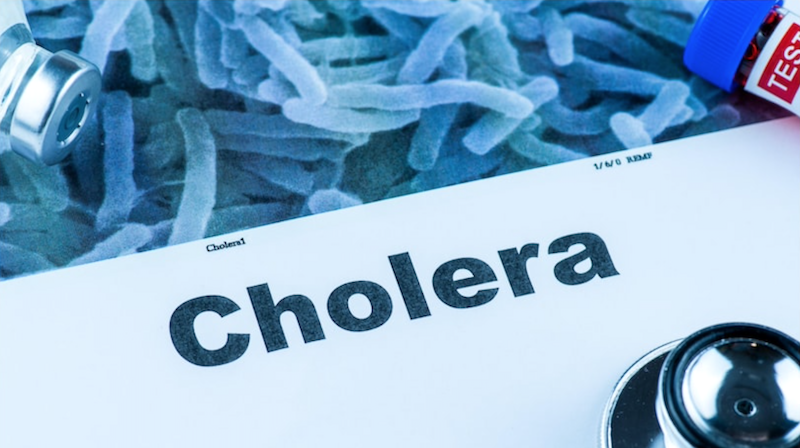The World Health Organisation (WHO) hon Monday unveiled a global Strategic Preparedness and Response Plan ( SPRP)to tackle human-to-human transmission of mpox. This is contained in a statement issued by the world health body. The plan which will run from September 2024 to February 2025, requiring 135 million U.S. dollars in funding.
It also includes coordinating global, regional, and national efforts, it aims to enhance surveillance and response strategies, ensure equitable access to diagnostics and vaccines, reduce animal-to-human transmission, and empower communities in outbreak control.
The organisation made this known on Monday in a statement.
The WHO said the unveiling follows the declaration of a public health emergency of international concern by Dr Tedros Ghebreyesus, WHO, Director-General on Aug. 14.
According to it, a funding appeal for what WHO needs to deliver on the plan will be launched shortly.
The WHO said that the plan, which builds on the temporary recommendations and standing recommendations issued by the Ghebreyesus focuses on implementing comprehensive surveillance, prevention, readiness.
Others are response strategies; advancing research and equitable access to medical countermeasures like diagnostic tests and vaccines; minimizing animal-to-human transmission; and empowering communities to actively participate in outbreak prevention and control.
According to the WHO, strategic vaccination efforts will focus on individuals at the highest risk, including close contacts of recent cases and healthcare workers, to interrupt transmission chains.
“At the global-level, the emphasis is on strategic leadership, timely evidence-based guidance, and access to medical countermeasures for the most at-risk groups in affected countries.
“WHO is working with a broad range of international, regional, national and local partners and networks to enhance coordination across key areas of preparedness, readiness and response.
” This includes engagement with the ACT-Accelerator Principals group; the Standing Committee on Health Emergency Prevention, Preparedness and Response; the R and D Blueprint for Epidemics; and the interim Medical Counter Measures Network (i-MCM Net),” it stated.
It said that WHO R and D Blueprint, along with Africa CDC, Coalition for Epidemic Preparedness Innovations (CEPI) and National Institute of Allergy and Infectious Diseases, would host a virtual scientific conference on August 29 to 30 to align mpox research with outbreak control goals.
Ghebreyesus said that the mpox outbreaks in the Democratic Republic of the Congo and neighbouring countries can be controlled and stopped.
He said that doing so required a comprehensive and coordinated plan of action between international agencies, national and local partners, civil society, researchers and manufacturers, and our Member States.
“This SPRP provides that plan, based on the principles of equity, global solidarity, community empowerment, human rights, and coordination across sectors.,” WHO boss said.
According to him, WHO headquarters and regional offices have established incident management support teams to lead preparedness, readiness and response activities, and are significantly scaling up staff in affected countries.
He said that within the Africa Region, where need was greatest, the WHO Regional Office for Africa (AFRO) in collaboration with Africa CDC, would jointly spearhead the coordination of mpox response efforts.
“WHO AFRO and Africa CDC have agreed on a one-plan, one-budget approach as part of the Africa Continental Mpox Strategic Preparedness and Response Plan, currently under preparation.
“At the national and sub-national level, health authorities will adapt strategies in response to current epidemiological trends,” he said.
